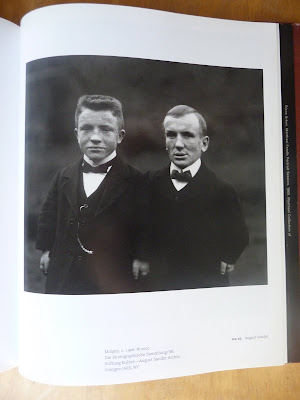My dear, I wonder if before the end
You ever thought about a children's game-
I'm sure you must have played it too - in which
You ran along a narrow garden wall
Pretending it to be a mountain ledge
So steep a snowy darkness fell away
On either side to deeps invisible;
And when you felt your balance being lost
You jumped because you feared to fall, and thought
For only an instant: That was when I died.
That was a life ago. And now you've gone,
Who would no longer play the grown-ups' game
Where, balanced on the ledge above the dark,
You go on running and you don't look down
Nor ever jump because you fear to fall.
-Howard Nemerov (Diane Arbus' brother)



















